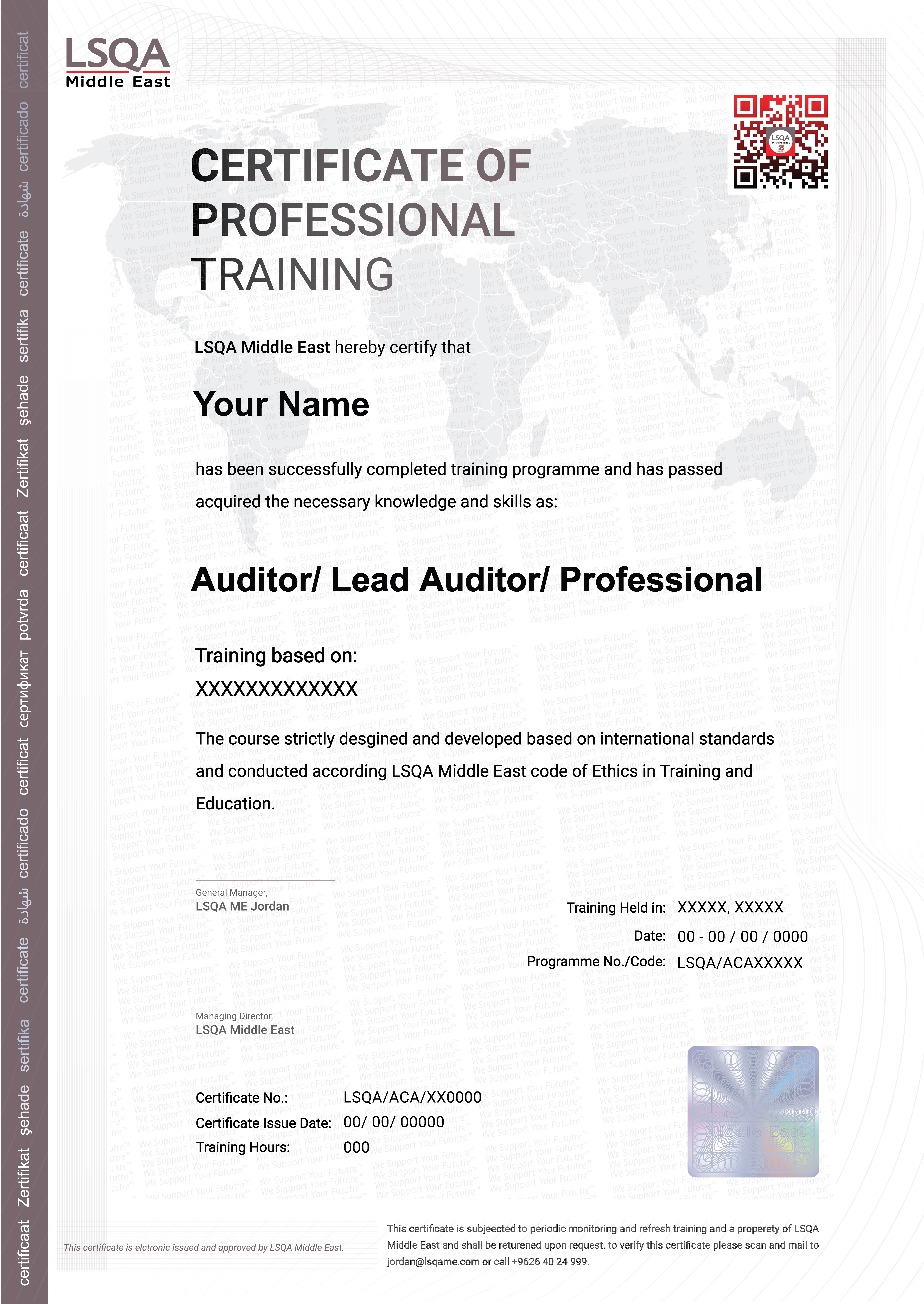- LSQA Middle East
LSQA Middle East - عن شركتنا
LSQA Group - عن المجموعة الشريكة
More about us - المزيد عنا
Service The World Over - نخدمك في جميع أنحاء العالم
A global network of more than 1500 specialized assessor, technical expert, inspectors, professional auditors present across the Middle East and North Africa. Clients both international reach and local knowledge in terms of regulations, customs and markets.
- Certification & Auditing
- Knowledge & Education

- Locations & Contact
Global Reach
LSQA Middle east is the industry leader in over 37 countries. Whether your business is local or global, we can help to ensure that your products meet quality, health, environmental, safety, and social accountability standards for virtually any market around the world.














